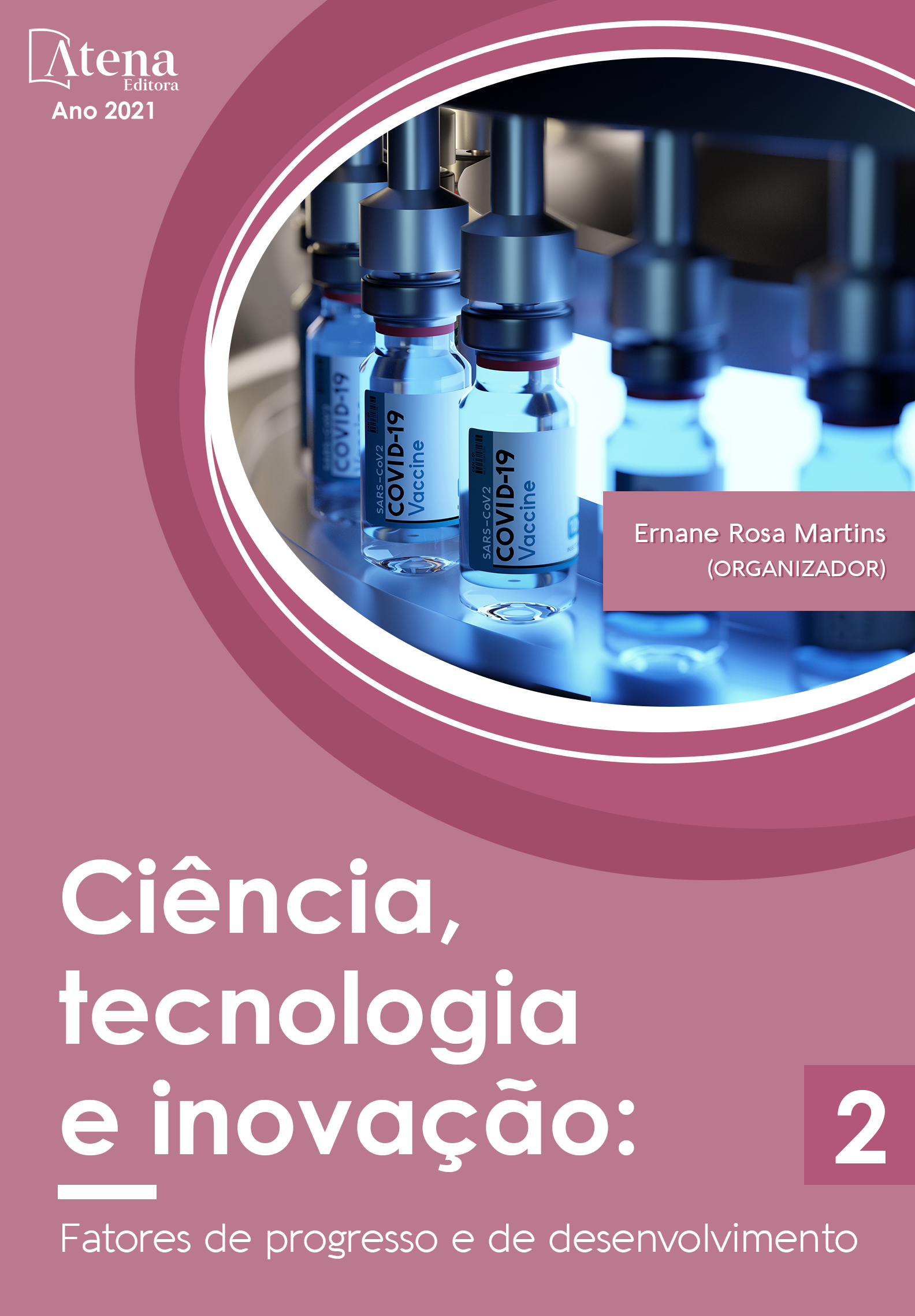
INTEGRATED INTELLIGENT HEALTH SYSTEM FOR MOBILE EMERGENCY CARE SERVICE-SAMU AND EMERGENCY USERS
O artigo apresenta uma forma eficiente e inteligente entre a comunicação do usuário do aplicativo de saúde com vitima e unidades de pronto atendimento de saúde e hospitais, no atendimento emergencial de pacientes que sofreram graves riscos à vida, para evitar uma escolha não adequada desta unidade, no atendimento emergencial de pacientes que sofreram graves riscos à vida, como acidentes de veículos, ferimentos, intoxicações, ação pulmonar gravíssima do novo Corona vírus (COVID 19), infarto ou AVC, entre outros, em que a decisão errada do usuário ou motorista da ambulância em escolher uma UPA (Unidade de Pronto Atendimento) ou hospital pode significar na perda ou vida da vitima, que precisa de atendimento de urgência. Nesse sentido, a solução deste problema pode estar na comunicação online, via Internet, nas tecnologias do Smart Mobile, Internet das Coisas (IoT), Inteligência Artificial e dos aplicativos de saúde utilizados pelos usuários, profissionais (socorristas do SAMU, bombeiros ou PM), colaboradores e unidades da saúde. Nas pesquisas são analisadas experiências dos profissionais da saúde, usuários e vítimas, quando ocorre um incidente e precisa da destinação final do agente socorrista com vítima até a entidade de saúde pública ou particular, cujo objetivo é a salvaguarda da vida humana.
INTEGRATED INTELLIGENT HEALTH SYSTEM FOR MOBILE EMERGENCY CARE SERVICE-SAMU AND EMERGENCY USERS
-
DOI: 10.22533/at.ed.0002120103
-
Palavras-chave: Internet das Coisas, Tecnologia da Informação, Smart Mobile, UPA e Hospital, Saúde Pública e Privada.
-
Keywords: Internet of Things, Information Technology, Smart Mobile, UPA and Hospital, Public and Private Health.
-
Abstract:
The article presents an efficient and intelligent way between the communication of the user of the health application with the victim and emergency care units and hospitals, in the emergency care of patients who have suffered serious risks to life, to avoid an inappropriate choice of this unit, in the emergency care of patients who have suffered serious risks to life, such as vehicle accidents, injuries, intoxications, severe pulmonary action of the new Coronavirus (COVID 19), infarction or stroke, among others, in which the wrong decision of the user or ambulance driver choosing a UPA (Emergency Care Unit) or hospital can mean the loss or life of the victim, who needs urgent care. In this sense, the solution to this problem may lie in online communication, via the Internet, Smart Mobile, Internet of Things (IoT), Artificial Intelligence and health applications used by users, professionals (SAMU rescuers, firefighters or PM) , employees and health units. The research analyzes the experiences of health professionals, users and victims, when an incident occurs and needs the final destination of the first aid agent with a victim to the public or private health entity, whose objective is to safeguard human life.
-
Número de páginas: 15
- Eduardo Mario Dias
- Fernando Emílio Ulson de Souza
- Rogério Lopes Salles
- Juliana Stefany Zanini
- Fabio Pires


